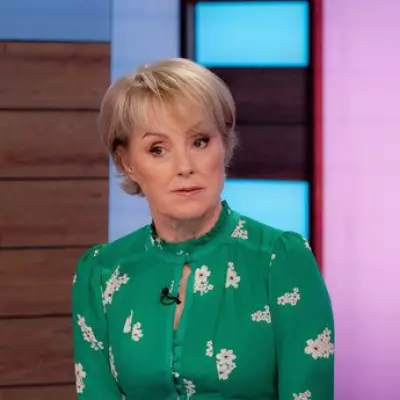
Graham Linehan, the celebrated co-creator of iconic British sitcoms Father Ted and The IT Crowd, has issued a sobering warning about the state of modern comedy, declaring that satire is effectively dying in today's cultural climate.
In a candid and wide-ranging interview, the BAFTA-winning writer argued that the pervasive fear of online backlash and so-called 'cancel culture' has created a creative straitjacket for writers and performers. This environment, he contends, makes it impossible to produce bold, irreverent comedy in the vein of his classic Channel 4 series.
The Chilling Effect on Creativity
Linehan painted a bleak picture for the future of the genre, suggesting that the constant threat of virulent social media pile-ons has led to widespread self-censorship. "There's a sense that you're always about to be ambushed," he explained, highlighting how this anxiety prevents the development of edgy, boundary-pushing content that defined earlier eras of British television.
He pointed directly to Father Ted as a prime example of a show that could not be made in the current era. Its sharp, often absurdist take on religion and Irish culture would, he believes, be met with a wave of digital outrage rather than be appreciated for its satirical intent and heartfelt humour.
A Legacy of Groundbreaking Comedy
Linehan's work with Arthur Mathews on Father Ted in the 1990s is widely regarded as a golden moment for UK comedy. The show's unique blend of surreal situations and witty character studies garnered a devoted fanbase and critical acclaim that endures to this day.
His subsequent creations, including Black Books and The IT Crowd, further cemented his reputation as a master of his craft. His stark commentary on the industry's shift is therefore seen as a significant intervention from a figure with an unimpeachable comedic pedigree.
The High Cost of Speaking Out
The writer has himself faced significant professional consequences and online harassment for his outspoken views on gender identity issues, a fact he acknowledges has impacted his career. This personal experience deeply informs his perspective on the loss of comedic freedom.
He concluded with a poignant reflection on what is being lost, not just for creators but for audiences. The decline of fearless satire, he argues, diminishes our cultural landscape and our ability to laugh at ourselves and powerful institutions—a core function of comedy throughout history.





